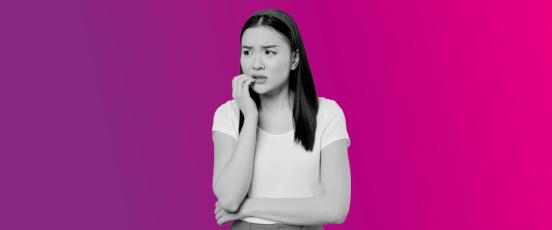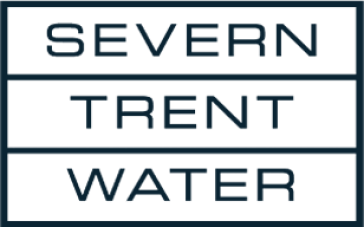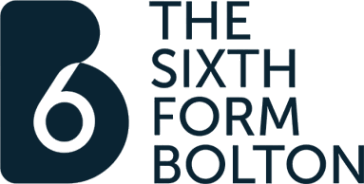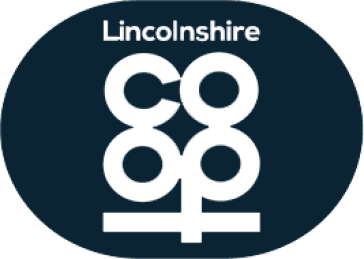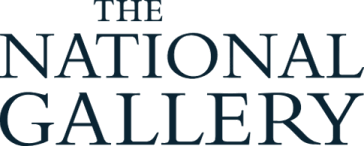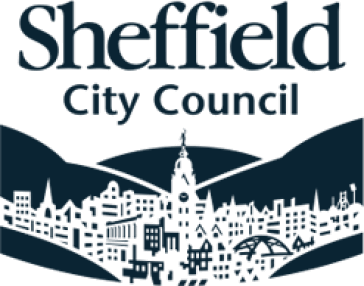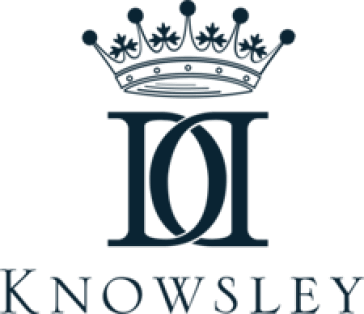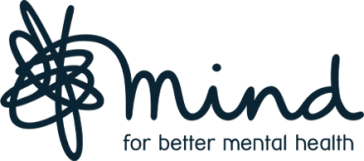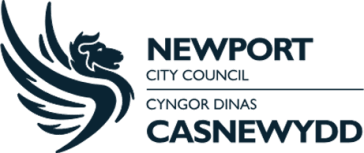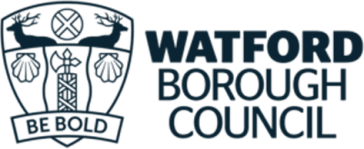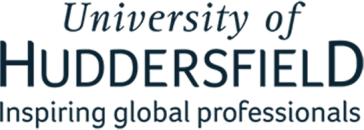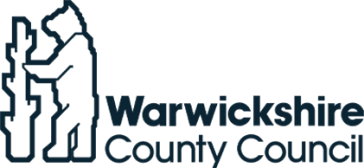24 March 2021
A pocket guide to your wellbeing, right now: Isolation
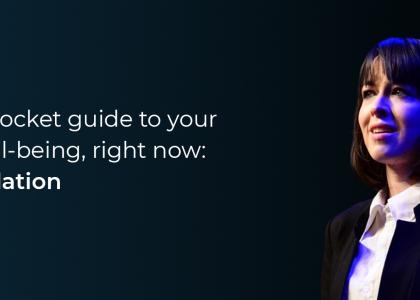
In the first in a series of three blogs for MHR, I expand on my keynote delivered at the People in Law conference delivered in January 2021. The presentation focused on three sometimes overlooked and often out of our control factors that impact our wellbeing in this time of crisis: Isolation, Stress, and Uncertainty.
We look at what is happening in our brain, how they affect us, and how with this understanding we can create a personal workplace wellbeing strategy to improve our wellbeing on this last stretch. Here is part 1: Isolation.
It’s OK to feel not OK
It has been a challenging year. We are worn out. It's affecting our mood, our bodies, and our brains. In short, it's denting our productivity. We are tired and running a lot closer to empty than we often acknowledge. And yet we are surprised by the ‘brain fog’, baffled by tiredness, even though we haven’t been anywhere. We are drawn even more to fake gossipy news and we really can burst into tears at something small. And yet, the answer to how are you doing most often meets the reply, I’m doing OK.
We are not OK. None of us. We will be OK (better than OK). But right now we are not really that OK. Why would we be? If 12 months ago if you had been told the scale of the situation, you would not have been able to imagine getting through this. However, we have. We have survived with hugely brilliant innovation at every scale from the leaps in medical science to the details of remote working and socialising.
But the pandemic is a crisis, it has bought fear and stress, it has taken down our future and left a question mark of what is happening next month let alone next year. Moreover, it has isolated us. These stresses have lasted 12 months. Ongoing stress is not something our brains and bodies are evolved to handle well.
The three ‘horsemen’ of the apocalypse, isolation, stress, and uncertainty are all interlinked and responses to one singular event, but I want to focus initially on isolation. It is the easiest to acknowledge, but harder to realise how detrimental it can be to our wellbeing.
Remote working
On the one hand, remote working has been a storming success. Some companies who have been quick to adapt have in some cases seen actual productivity gains, despite the pandemic. Initially, we talked about how these companies had done so by the skillful implementation of technology. 85 percent of respondents in a recent McKinsey survey said their businesses have somewhat or greatly accelerated the implementation of technologies that digitally enable employee interaction and collaboration. However, looking more closely we are starting to see that while using the right software can help, it's not so much about filesharing between the team, as connecting with your team. Reducing isolation.
We miss people. Of course, there are things we don’t miss. Think of the time saved on the commute. By 2018 the average commute for a person in the UK was 45 minutes. A 2014 British government survey found that workers with lengthy commutes felt more anxious and less satisfied with life. And a study conducted in Sweden in 2011 found that couples have a 40% higher chance of getting divorced when one partner commutes at least 45 minutes to work each day. But despite having more time, productivity is not necessarily correlated. Because the bottom line of productivity, regardless of the extra hour you have, or the brilliant software installed, is your wellbeing. How connected and socially bonded you feel. Without that loneliness swamps the brain and we simply but genuinely lose focus.
Evolved as social creatures
We are evolved to be social creatures, it’s how we survive. To the extent that when we are around other people we produce a range of chemicals from dopamine to oxytocin which makes us feel good, make us feel connected, that we belong. When they are low, stress hormones take over and cognitive interference occur - we are distracted, our mood drops and so does our immune system. In fact, social isolation significantly increases a person’s risk of premature death from all causes, a risk that may rival those of smoking, obesity, and physical inactivity.
Loneliness has been associated with about a 50% percent increased risk of dementia, up to a 29% increased risk of heart disease, and a 32% increased risk of stroke. And of course, as I’m sure we are all aware of it, has been directly associated with higher rates of depression and anxiety. This pandemic has really isolated us. We need to be social in the best of days but on the worst, in times of crisis, that need actually ramps up as a survival instinct. We are driven to seek others to problem solve and seek reassurance and comfort. Lockdown of whatever form has not been helpful.
Social barriers to remote work
While we can and have learned to overcome digital barriers to remote work, social barriers are more problematic. For we are masters at connection, building trust, empathy, mind reading, and business at its core is about people and relationships. When we are physically in a room with someone be it a colleague or client our brains start to fire to connect to those we are with. From reading body language to eye contact to even smelling their (yes we can smell if people are nervous or genetically compatible) brains go into overdrive to connect.
The outcome of being in a room with someone can be powerful. If it’s a client we build an engagement that will increase the chance of a successful business relationship. If it’s a colleague we create bonds of trust that increase our creativity, innovation, well-being and productivity Even if it’s just random people in the office that increases our creativity too, keeps us open-minded, in front of new perspectives and new ideas. Moreover, it also opens professional opportunities. We hear about things around the water cooler that keep us in the thick of it at work and in front of mind. And all this makes us happier. Even introverts still get a chemical dopamine hit by being with people. When asked why they want to go back to the workplace, most workers say simply ‘to be face to face with the people I work with.’
Zoom, GDoc, and Miro can solve a lot of problems but managers and HR, will all have to work harder to solve the impact of the loss of social connection to work culture, professional opportunity, and client relationships. In the future, we will see hybrid workforces with new strategies that incorporate both modes of working. For example, coming together to meet clients initially, or at the start of a group, project can raise the chance of success of a collaborative project. We will need to uptake software not just to help us be more productive with our work but to support us socially at work. The weekly Zoom quiz is genuinely important but will not be enough. And we will need to learn how to implement and manage these technologies so that we can support employees socially. Without these things, even when the pandemic ends, we will still feel isolated if remote working and it will affect our wellbeing and productivity.
What can I do now?
But right now we are in the midst of it. Isolation is amplified. Connect with others, stay in touch, and in the loop as much as you can. Don't underestimate those social moments. It’s time to get creative in the workplace on how to do this. Explore new technologies. But most importantly be kind to others and yourself. Last year was a challenge, but we are surviving. we have made it this far. We totally have got this, it will end soon but it's not all that easy or all that much fun right now. It's OK to feel tired, tearful, bored, low, angry, bemused, unfocused, and most of all lonely. The isolation is real but temporary. Added to which we are isolated under a huge amount of stress and it’s crazy what that does to the brain and body too. And so that's what I’m going to focus on in Part 2.




